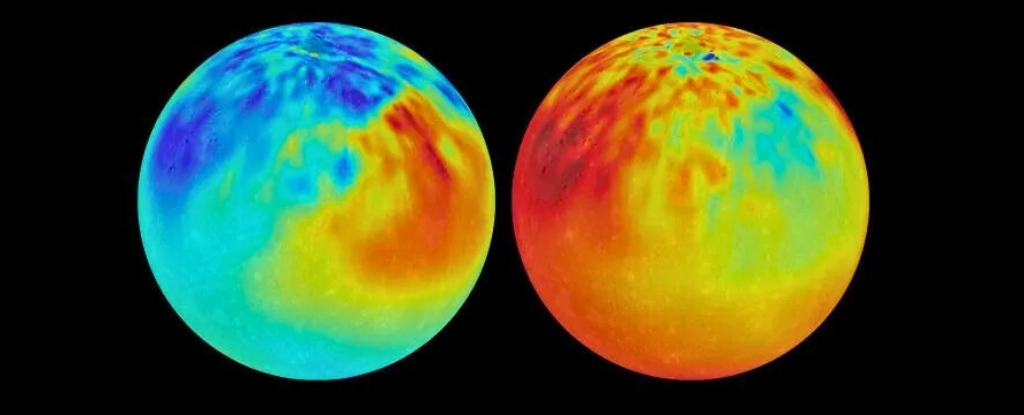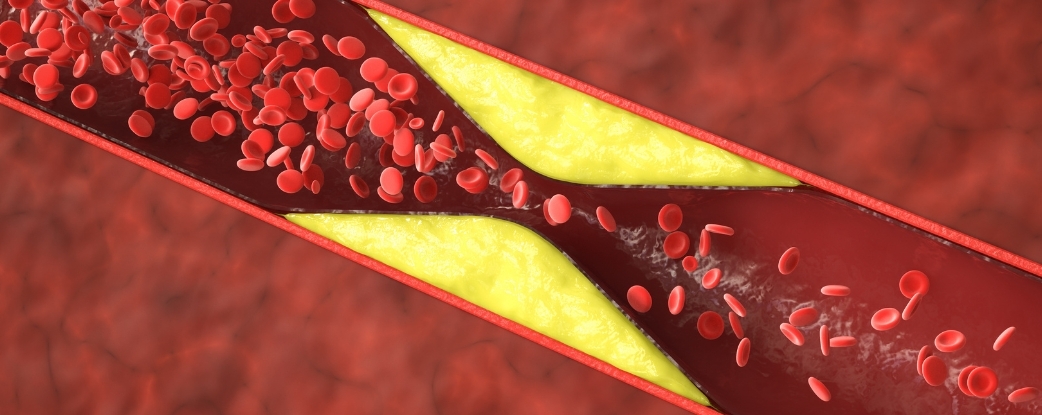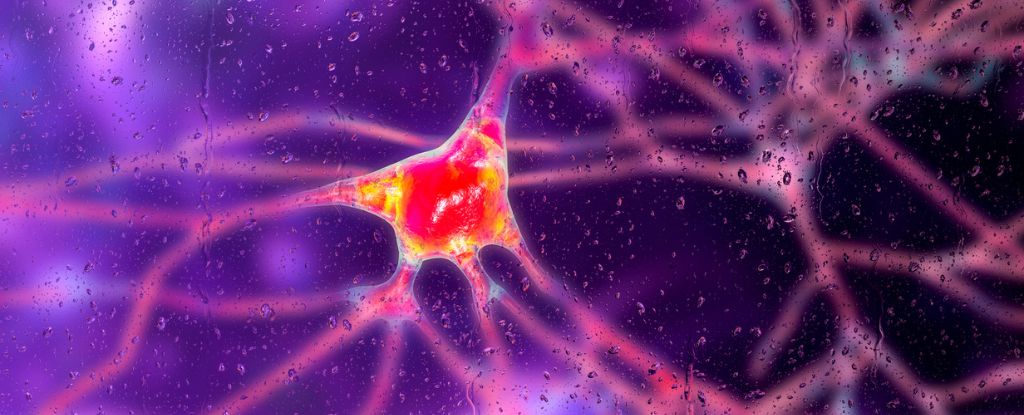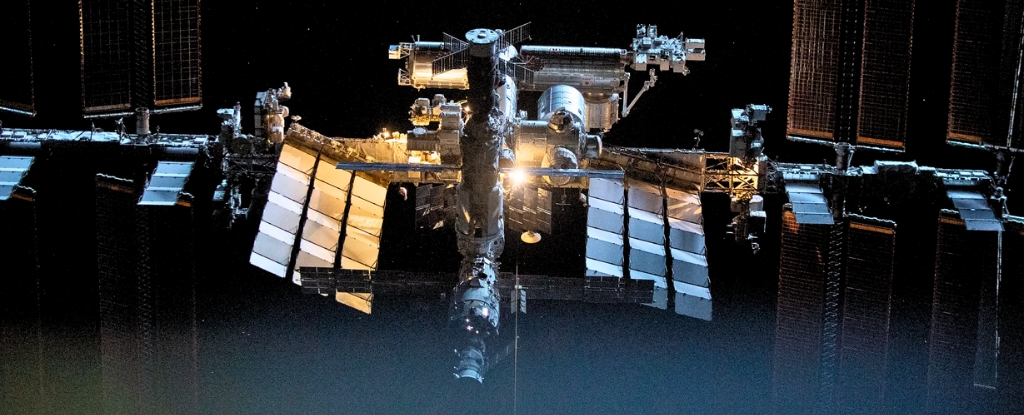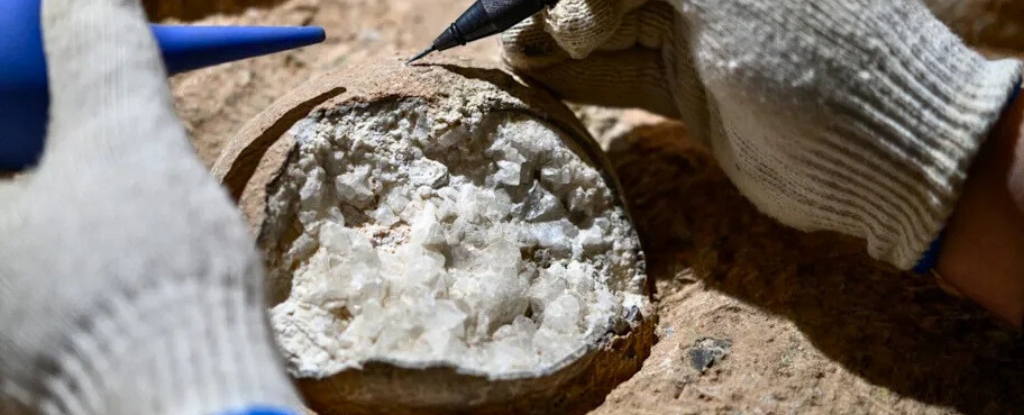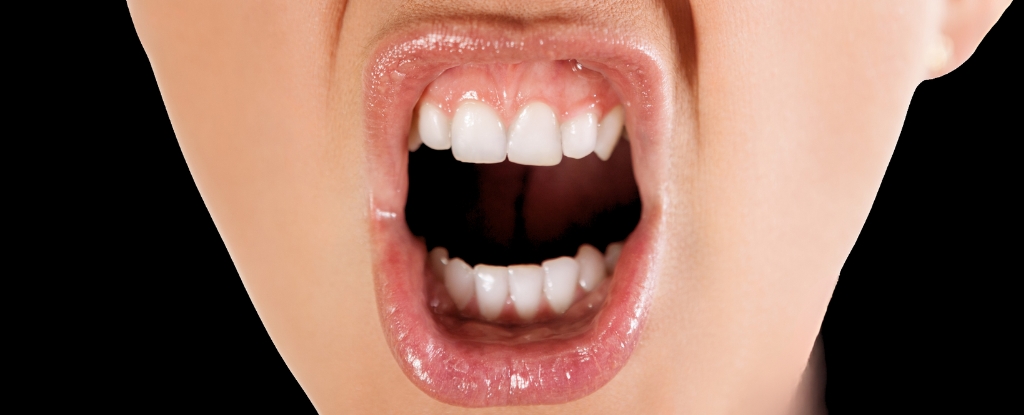Mysteries abound in the Solar System. Though it can sometimes seem like we’ve learned a lot, you can pick any object in the Solar System and quickly come up with unanswered questions. That’s certainly true of tiny Mercury. Mercury’s mystery lies in its core. Ground based radio observations during the 1960s and 1970s showed that it had a massive core. …
Read More »Tag Archives: ScienceAlert
Daylight Saving Could Be Harming The Health of Millions of Americans : ScienceAlert
Daylight saving time, that yearly yawn-a-thon that kicks in each spring, may not just affect our bodies temporarily. New evidence suggests that winding our clocks forward in spring and backward in autumn is taking a toll on some aspects of our long-term health. It’s not just the clock on the wall that has to change twice a year with this …
Read More »Half of Heart Attacks in Younger Women Aren’t From Clogged Arteries : ScienceAlert
Traditionally, most heart attacks have been blamed on clogged arteries causing atherothrombosis – where blood clots block flow to the heart. But new research suggests we may be underestimating the role of other causes, particularly in younger adults. Scientists from the Mayo Clinic in the US analyzed 1,474 heart attack cases in people aged 65 or younger, recorded between 2003 …
Read More »Breakthrough Gene Therapy Slows Huntington’s Disease by 75% : ScienceAlert
Researchers in the United Kingdom say they have successfully trialed what could become the world’s first gene therapy for Huntington’s disease – a fatal neurodegenerative disorder that is typically inherited. While the results of the clinical trial are not yet formally published or peer reviewed, principal investigator and neuroscientist Ed Wild from University College London says the gene therapy, called …
Read More »NASA Will Crash The International Space Station in 2030. Here’s What Comes Next. : ScienceAlert
For 24 hours a day, seven days a week since November 2000, NASA and its international partners have sustained a continuous human presence in low-Earth orbit, including at least one American – a streak that will soon reach 25 years. When viewed in the history of spaceflight, the International Space Station is perhaps one of humanity’s most amazing accomplishments, a …
Read More »Scientists Blast Dinosaur Eggs With Lasers to Check Their Ancient ‘Atomic Clocks’ : ScienceAlert
Researchers in China have opened a new window into the deep past by blasting dinosaur eggs with a laser, dating them directly for the first time. A micro-laser was used to vaporize small portions of an eggshell, which released a cloud of radioactive uranium atoms. Since uranium decays into lead at a known, steady rate, researchers could ascertain the eggs’ …
Read More »The Cause of One of The Deadliest Cancers Might Be Inside Your Mouth : ScienceAlert
Specific combinations of microbes living in our mouths have been associated with one of the deadliest cancers in humans, suggesting good oral hygiene could do more than just save our teeth. “It is clearer than ever that brushing and flossing your teeth may not only help prevent periodontal disease but may also protect against cancer,” explains cancer epidemiologist Richard Hayes …
Read More »DNA Study of 117-Year-Old Woman Reveals Clues to a Long Life : ScienceAlert
There’s no escaping the unrelenting passage of time, but supercentenarians who live to see their 110th birthday have a peculiar ability to postpone the inevitable. A thorough health evaluation of one of the world’s oldest people, Maria Branyas, suggests that one of the reasons she lived to 117 was that she possessed an exceptionally young genome. Some of her rare …
Read More »NASA Confirms First Crewed Mission to Orbit The Moon in 50+ Years Set For 2026 : ScienceAlert
NASA on Tuesday said it was on track to send astronauts to orbit the Moon in early 2026, as the United States races China to return to the lunar surface. Multiple setbacks have delayed the manned mission, dubbed Artemis 2, which is now scheduled for April 2026 at the latest and could come as soon as February. “We intend to …
Read More »There May Be No Safe Amount of Booze When It Comes to Dementia Risk : ScienceAlert
Imbibing even the smallest amounts of booze can raise your risk of dementia, according to the largest combined observational and genetic study to date on the subject. The findings counter previous research showing that light-to-moderate drinking might protect against cognitive decline. The international team of researchers behind the new study suggests that cutting out drinking altogether may be the best …
Read More »